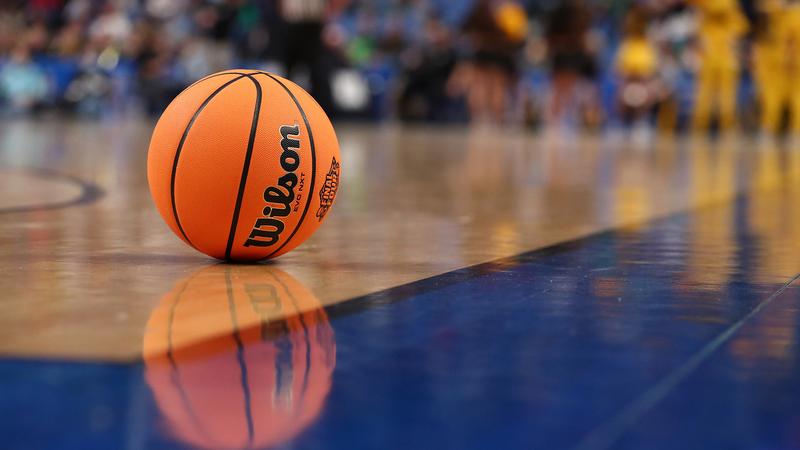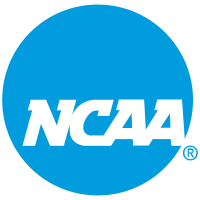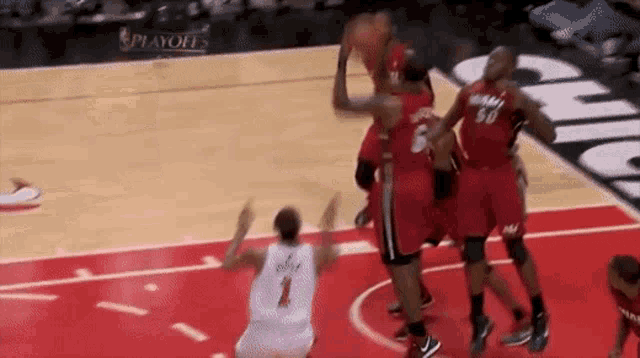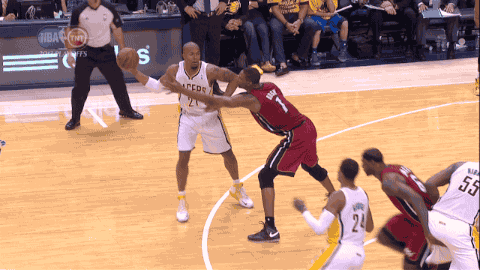
Panel approves awarding a technical foul for flopping in men’s basketball - NCAA.org
The NCAA Playing Rules Oversight Panel approved allowing men's basketball officials to assess Class B technical fouls to players who fake being fouled, beginning
 www.ncaa.org
www.ncaa.org
The NCAA Playing Rules Oversight Panel approved allowing men's basketball officials to assess Class B technical fouls to players who fake being fouled, beginning in the 2022-23 season.
If a player is called for flopping, the opposing team would shoot one free throw. Previously, officials would issue a warning before assessing a technical foul in subsequent incidents judged to be flopping.
The proposal came from the NCAA Men's Basketball Rules Committee.
Committee members defined flopping as an unsporting act that occurs when a player attempts to influence an official's judgment by creating an appearance that a foul has been committed when there has been incidental or no contact.
When evaluating potential flopping situations, officials will be asked to judge whether the player's physical reaction to the contact with another player is consistent with what would have been expected, given the force of the contact. When the reaction is not consistent, the player is most likely exaggerating the nature of the contact in an attempt to gain an advantage, and flopping has occurred.
A similar proposal was made in 2021, but there were concerns in the men's basketball community that removing a warning before awarding a technical foul would not have the desired effect.
The Division I Men's Basketball Oversight Committee and the Division I Men's Basketball Competition Committee supported the concept of allowing officials to call technical fouls without warning when they determine a player has faked being fouled.
Technology rules
The panel also approved continuing experimental technology rules for conferences to allow teams to view live video and preloaded video on their bench for the upcoming season if the conference submits a waiver request.Conferences that choose to use this experimental rule must decide what technology can be used within its parameters.
The experimental rule will also be allowed in multiple-team events and the 2023 National Invitation Tournament.
NCAA women's basketball teams can also experiment with this technology rule during conference games for the upcoming season if the conference submits a waiver request.
Media timeouts
Conferences as well as the National Invitation Tournament can experiment using five media timeouts on the first dead-ball situations under the 17-minute, 14-minute, 11-minute, 8-minute and 4-minute marks of the second half.The rationale is to help the flow of the game so commercial breaks will not be taken when teams use their allotted timeouts.



